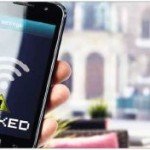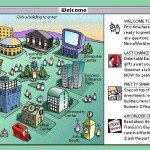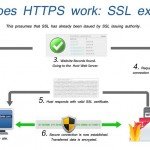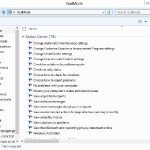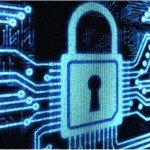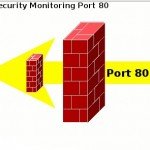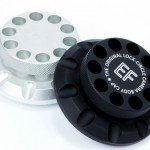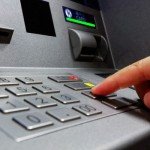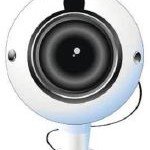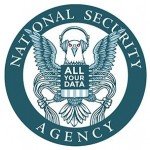Keeping Your Bank Details Safe And Secure
We often hear about bank accounts being hacked and ATMs being rigged overseas. Not too long ago, the country was shocked by the revelation that several foreigners entered Malaysia and hacked into a number of ATMs around the country, costing banks millions of ringgit in cold hard cash. Symantec has recently offered a list of preventive measures when it comes to making public transactions, both online and with the ATM. As customers, when making transactions with ATMs, they must always be on the look-out for suspicious devices on the ATM that would be capable of striping and read your PIN number.

It may sound silly, but one of the easiest things you can do to prevent someone from stealing your PIN number is by simply
covering the keypad
If you are concerned that someone is watching over your shoulder, cover the PIN pad when keying in your PIN number. Whenever possible, you should also avoid using ATMs that are located in isolated locations. Banking institutions could also help to improve the security of their customers and ATMs by upgrading the machines’ operating system such as Windows 7 or 8 and ensure that they are patched. CCTVs can also be installed at the ATM area so that security can at least trace back the footage in case anything untowards happens.
The ATMs are essentially computers that dispense money, and so the BIOS of the ATMs can also be locked down to prevent booting from unauthorised media such as CDs and thumbdrives. For those who often do online banking transactions, one of the most key things to remember is to never perform banking transactions over open Wi-Fi connections as hackers will be able to sniff packets that you send over the connection and use that to gain access to your bank account.
You should also always ensure that your antivirus software and operating system is updated, and check if the banking site is genuine by double-checking the web address to ensure that you’re not rerouted to a phishing site. You should also never share your phone number and sensitive information online via email, IM or chat, especially if there are e-mails that are supposedly from your bank asking you for these information. (CHIP MY)

